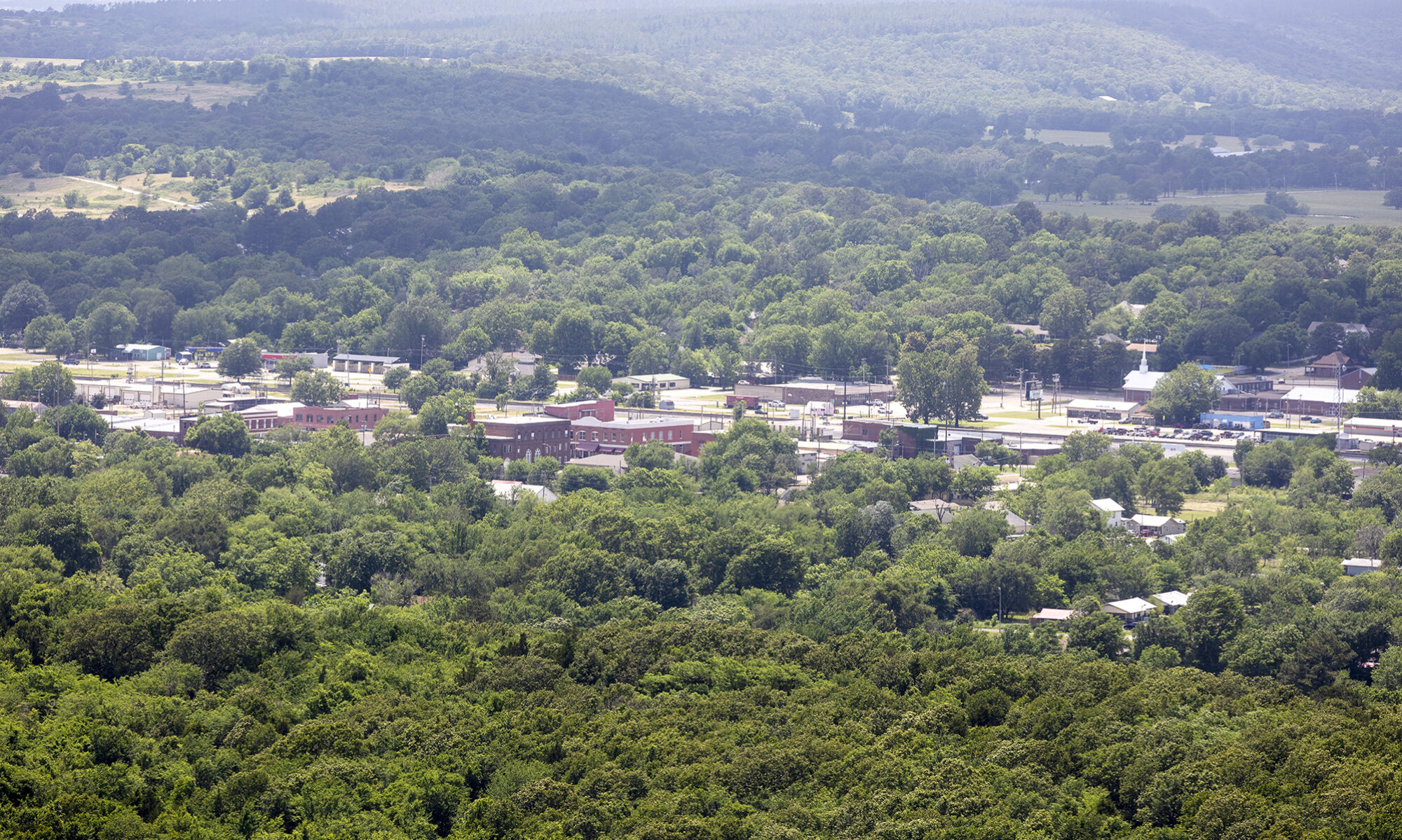By LEON YOUNGBLOOD
Thanksgiving was established as a National holiday by Abraham Lincoln’s Thanksgiving Proclamation on October 3, 1863—the middle of the Civil War. The holiday was to be observed every year on the last Thursday in November (later changed to the 4th Thursday), and was intended to be a time to thank God for His blessings, but—what, pray tell, was there to be thankful for?
BRIAR CIRCLE
The North and South were engaged in the bloodiest conflict in American history. The notion of war had been somewhat romanticized during the early interactions, the first being the shelling of Fort Sumter by the Confederates, April 12, 1861. This formally started the war, though hostilities had been simmering for some time. Both sides thought it would end quickly; it didn’t. September 17, 1962 saw the bloodiest single day of the war at Antietam. The bloodiest battle was at Gettysburg, July 1-3, 1863. Then September 19-20, just 2 weeks before the Thanksgiving Proclamation, the 2nd bloodiest battle was fought at Chickamauga, Georgia. The outcome of the war was uncertain, but it was clear the bloodshed was a long way from ending. Some notable men had some “I told you so” moments, too, to express their thoughts:
Nathan Bedford Forrest stated simply, “War means fighting, and fighting means killing.”
Stonewall Jackson observed, “People who are anxious to bring on war don’t know what they are bargaining for; they don’t see all the horrors that must accompany such an event.” On another occasion, Stonewall said, “I have seen enough of it [war] to make me look upon it as the sum of all evil.”
William Tecumseh Sherman testified, “I am sick and tired of war. Its glory is all moonshine. It is only those who have neither fired a shot nor heard the shrieks and groans of the wounded who cry aloud for blood, for vengeance, for desolation. War is hell.”
All these sorts of quotes are well and good; but Ambrose Bierce hits the mark most closely with this excerpt from his short story, Chickamauga, when a child is reunited with his mother on the battlefield:
“There, conspicuous in the light of the conflagration, lay the dead body of a woman—the white face turned upward, the hands thrown out and clutched full of grass, the clothing deranged, the long dark hair in tangles and full of clotted blood. The greater part of the forehead was torn away, and from the jagged hole the brain protruded, overflowing the temple, a frothy mass of gray, crowned with clusters of crimson bubbles—the work of a shell.”
It’s like Sherman said—“War is hell.”
So again, what was Abe wanting to thank God for?
Like love and faith, thankfulness is not only an emotional reaction, it is a conscious act of will. Lincoln was a man of faith. “God cannot be for and against the same thing at the same time. In the present civil war, it is quite possible that God’s purpose is something different from the purpose of either party–and yet the human instrumentalities, working just as they do, are of the best adaptation to effect His purpose.”
In other words, whatever happened, Lincoln believed God was in control. He was thankful for that; we should be, too. We’ll look at this more next week.
Subscribe to our daily newsletter for $5 per month and never miss one of our stories.




